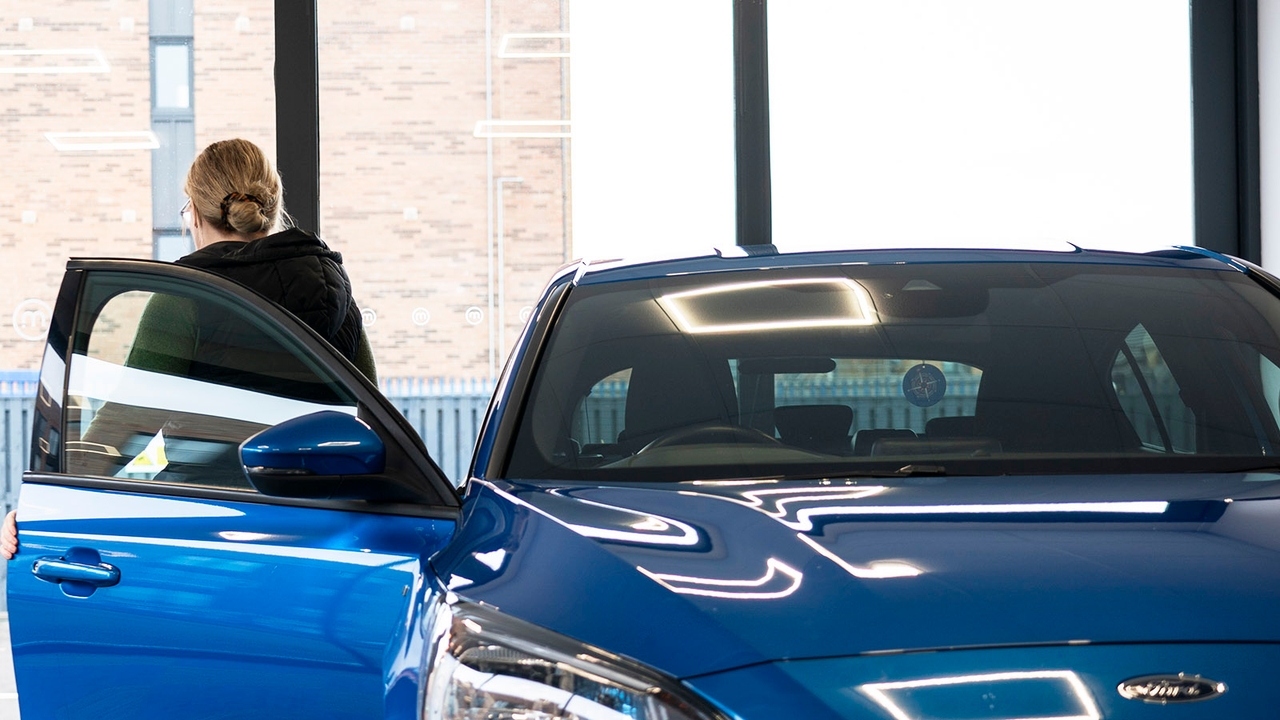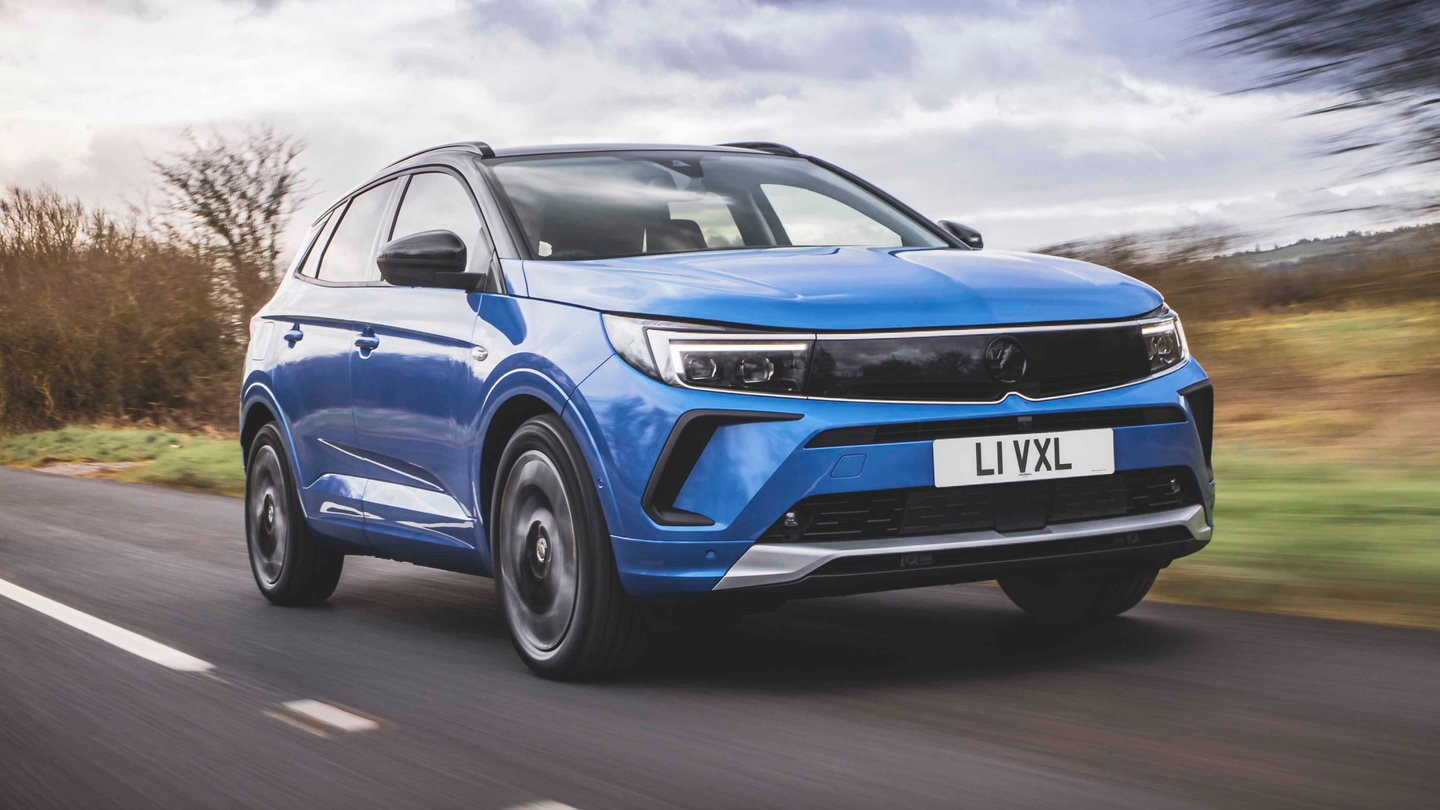Short answer: yes. You can get car finance with bad credit – but it’ll probably be a bit more expensive.
The more detailed answer is that you can get car finance with bad credit, but you’ll need to very carefully consider the affordability of the agreement. You’ll almost certainly face higher interest rates than those with better credit scores, which increases the overall finance package cost.
Our guide to bad-credit car finance is here to help you get a better understanding of what finance deals might work for you, the barriers you might face, and how you can improve your credit score to bring your costs down. Read on to learn more:
Can I get car finance with a poor credit score?

Yes, you can get car finance if you have a poor credit score. Finance providers look at a range of factors including your credit score when deciding whether to lend to you. A lower credit score will indicate to providers that you’re more of a lending risk, so you’ll probably be offered higher interest rates than someone with a higher score.
It’s probably a good idea to check your credit report to get an idea of what you’re working with before trying to set up any car finance agreements. You can request a credit report from any of the three main reporting agencies – Experian, Equifax or TransUnion. These are available online as a one-off report in exchange for a small fee, or can sometimes be accessed for free as part of a trial period.

A reliable way to increase your likelihood of acceptance is to offer a larger up-front deposit on the finance agreement. This will demonstrate to the lender that you’re able to save up cash, thus making it more likely you’ll be able to keep up with payments.
It can, of course, be tough to get a large sum of cash together – especially if you urgently need a vehicle for commuting or other essential tasks – but this is the most straightforward way to improve your chances of getting accepted for finance. Plus, putting a larger deposit down reduces the amount of credit you’ll need to take out, which reduces the total amount of interest you’ll pay.
While it can be a more long-term goal, however, the best way to improve the kinds of car finance deals available to you is to bring your credit score up. There are several ways you can accomplish this, which we’ll cover further down.
How to buy a car with bad credit

If your credit score isn't looking too hot, and you need to finance a car for commuting or essential driving, start by being realistic about the kinds of cars you can afford. You might fancy a sharp-suited premium model, but your overall finance package may not be affordable once you remember you're saddled with a higher interest rate.
Pick a cheaper car with an upfront deposit and monthly payments that are affordable based on your income. This often means the car you choose will have a smaller and more efficient engine, and parts and maintenance will cost less than a posher model. Combined with an insurance group that'll be lower than pricier cars, you'll find choosing a more modest car will save you money in more ways than one.
Don't forget, however, that a better credit score means you'll have better car finance options to choose from. If you don't urgently need a car right now, it might be worth holding off until you can improve your score and get more affordable finance. We cover methods to improve your score below but, failing that, you might be able to secure a loan for a car by using a guarantor loan, where a friend or family member agrees to pay your debt if you cannot.
How can I improve my credit score?
The most reliable ways you can improve your credit score are:
- Register for the electoral roll – this makes it easier for credit check agencies to verify your past and current addresses
- Make sure your addresses and personal details are correct – errors with this information can make it harder to get accepted for finance
- Use your credit card carefully – taking out manageable amounts of debt on your credit card and paying them back in time will lift your credit score
- Avoid having lots of unused credit accounts – these can negatively affect your score
- Don’t take out lots of credit applications in one go – making several credit applications within a short period of time can be a red flag for lenders. Spread these applications out and only do them when needed
- Pay off debts on time – keeping up with payments on whatever debt you have, including credit cards, car finance or your mortgage, is essential to keeping your credit report clean
- Unlink yourself from people on your report with bad credit – you may still be named on a joint credit account with someone from your past who now has bad credit. This could drag down your score, making it harder for you to get acceptance. In this case, you can issue a notice to credit agencies to unlink yourself from this person, helping to clean up your report
What is a bad credit score?
The actual score that each of the three main agencies counts as either ‘poor or ‘very poor’ varies. We’ve listed them below:
- Experian – poor: 720 - 561, very poor: below 560
- Equifax – poor: 530 - 439, very poor: below 438
- TransUnion – poor: 565 - 551, very poor: below 550
What credit score should I have to buy a car?

There is no exact answer to this question because car finance isn’t solely dependent on your credit score, and there are specialist lenders that deal mainly with applicants with bad credit scores.
The most sensible answer here is that you should try to make sure your credit score is as high as it can be before applying for car finance. This will increase your likelihood of getting accepted and reduce the rate of interest you’ll be offered, in turn lowering your monthly payments.
Do car payments build credit?
Yes. Keeping up with your car finance repayments is a good way to improve your credit score. Doing so demonstrates to lenders that you can be trusted to pay back what you owe and can keep a steady income.
Do car dealerships do a hard or soft credit check?
You’ll find that car finance lenders will perform both soft and hard credit checks to assess your credit worthiness. It’s important to always be clear what kind of check is being performed, so make sure you ask before authorising anything.
Many companies will begin with a soft credit check that won’t impact your credit report. This will give you an indication of whether you might be accepted for credit and can be a handy basis on which to decide whether to go ahead and have a hard credit check for the final lending decision.
Why would I get rejected for car finance?

The most likely reason you won’t get accepted for car finance is because you didn’t meet the eligibility criteria defined by the lender. This could be because your score wasn’t high enough, or that you have too many late repayment marks on your report.
The decision can also be influenced by whether you have any county court judgements (CCJs) against you, or if you’ve entered into an individual voluntary agreement (IVA). Similarly, you’re unable to apply for car finance if you’re currently in a bankruptcy agreement.
Rather than immediately apply for another agreement, which can negatively affect your credit score, we’d suggest waiting a few months, and trying to build your score up in the meantime to improve your chances of acceptance next time.
What are the best cars for someone with bad credit?

If you have bad credit, car finance providers are more likely to lend to you if they see you’re borrowing within your means. So you might need to pick a more affordable car with lower repayments, even if it’s less than you think you’re able to afford. Borrowing within your permitted amount of credit is seen as more financially sensible than borrowing the maximum amount you can.
In practice, you should try to buy the most affordable car available to you that will still fulfil your needs as an owner. You should also consider a vehicle with low maintenance costs and models with high fuel economy, helping keep more money aside for repayments.
Check out a range of great used car finance options at Motorpoint
Read our used car finance guide to get a better understanding of the different finance packages available when buying used cars from Motorpoint. If you have been refused car finance, discover how we can help you apply for finance with bad credit.



































